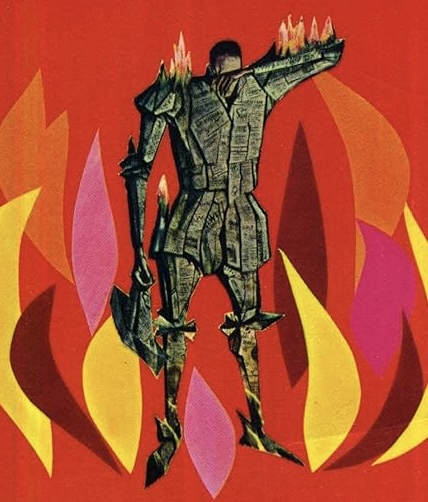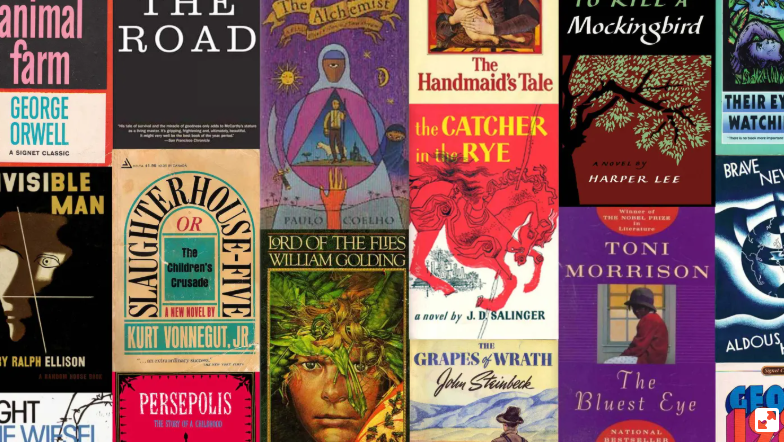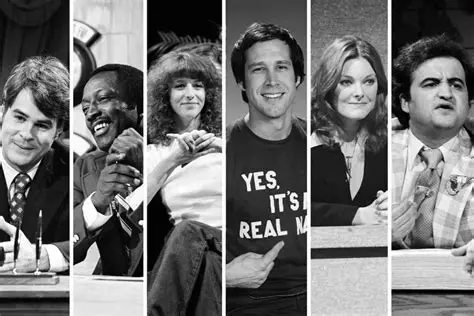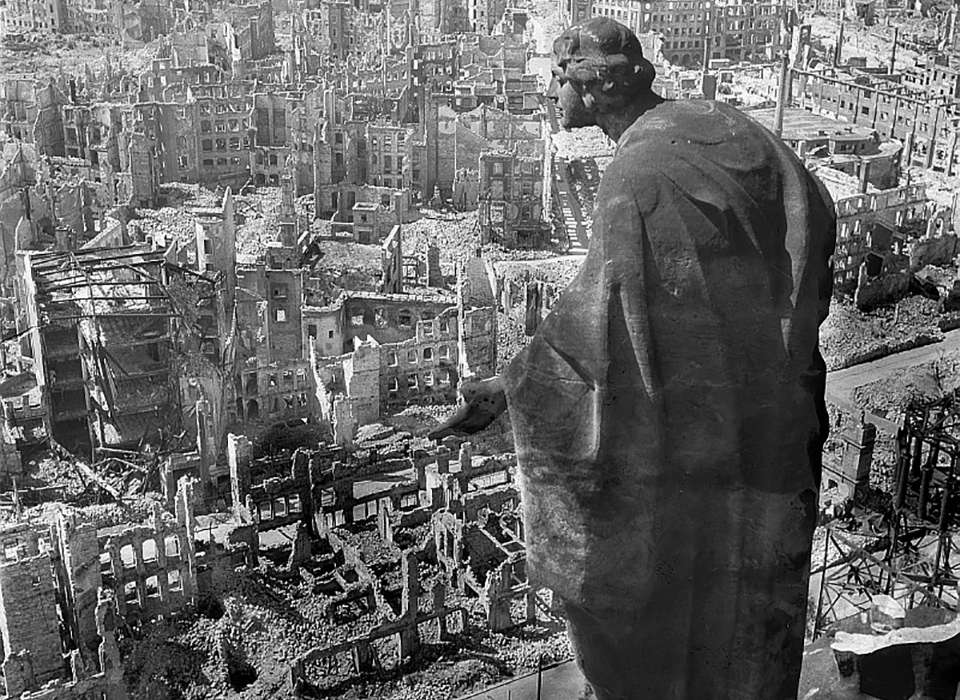When Ray Bradbury wrote Fahrenheit 451 back in 1953, he envisioned a world where books were burned and ideas were erased in the name of control. At first glance, it seems like a distant dystopia, a nightmare that thankfully only belongs in fiction. The beauty of Bradbury’s novel lies in how vividly it showcases the fragility of free thought. Seventy years later, the warnings that lie between those pages begin to feel eerily close to our own world.
Fahrenheit 451 takes place in a futuristic society in the United States, where books are now outlawed and independent thought is suppressed. “Firemen” are tasked with the job of burning books and ensuring that nothing remains of them. Guy Montag, one of the firemen, begins to realize how deeply empty and shallow society is, and questions his role as a fireman. Montag’s journey of self-discovery leads him to begin stealing books, seeking out the knowledge and wisdom that society attempts to suppress. As he reads more and more, Montag begins to see the world differently. The words hidden in the pages had begun to awaken new questions he had never considered. He was beginning to see the emptiness of his society, built on censorship and distraction.
Why does this matter?
While Bradbury’s world may have just been his imagination, the society that has been built in Fahrenheit 451 feels scarily close to our own. Across the country today, free speech and thought are becoming more and more important. Books are being removed from school libraries and classrooms, often justified by controversial content. Donald J. Trump, the 47th and current president of the United States, was sworn into office on January 20th of this year. Shortly after, he signed an executive order into effect, titled “Restoring Freedom of Speech and Ending Federal Censorship”. Just last week, shortly after an episode of “Jimmy Kimmel Live!” where he heavily criticized Trump and made a comment about Charlie Kirk’s murderer, his show was cancelled and taken off the air. Alongside this, the U.S. Military issued new media restrictions on journalists working in the Pentagon, making them pledge not to gather any information that has not been authorized for release, or else they risk losing their press passes. Just as in Fahrenheit 451, many aren’t just on board with limiting freedom of speech and thought; they actively embrace it and want it to continue.
What consequences will come with limiting free thought?
The consequences of limiting free thought reach much farther and deeper than the simple cancellation of a show or the banning of a few books. When ideas in society are controlled, we lose much more than just information. We lose the ability to question, to challenge, and to create. Just as Montag had to discover truth and meaning for himself, people today risk becoming consumers of ideas rather than active thinkers. Creativity, critical thinking, and even empathy to an extent can suffer when access to diverse perspectives is compromised.
This is why it matters to all of us. Censorship isn’t some distant issue confined to fiction; it’s a real thing that is slowly but surely arising in our society now. When ideas are silenced, the public becomes less engaged, informed, and less capable of making decisions that will shape them and the communities around them.
In the end, Fahrenheit 451 isn’t just a story about burning books. It’s a story that highlights the importance of preserving human thought. It challenges us to act before curiosity and critical thinking are lost to the flames. By protecting the exchange of ideas, the value of knowledge, and the questioning of authority, we can ensure that society continues to grow rather than to drown in silence.









